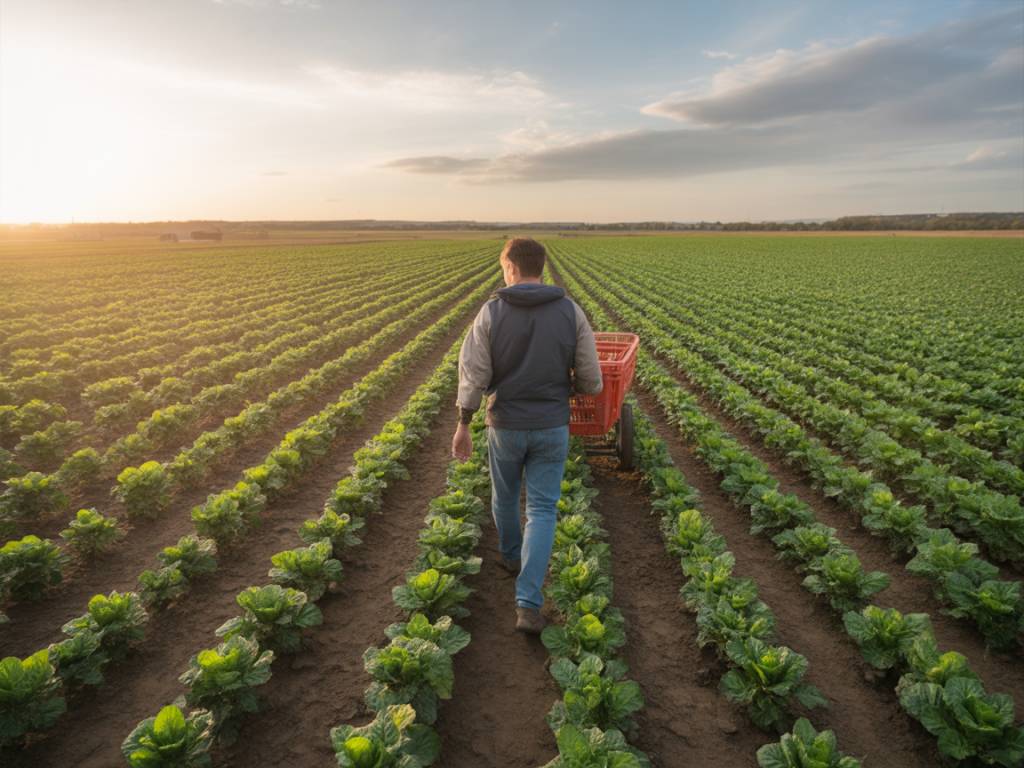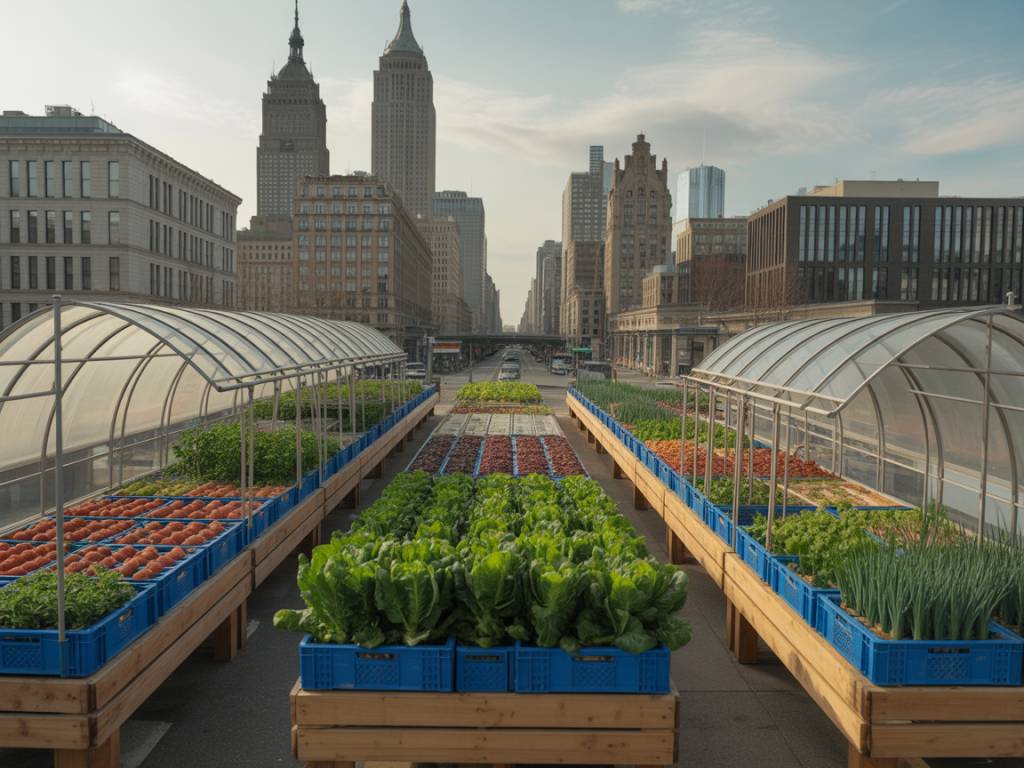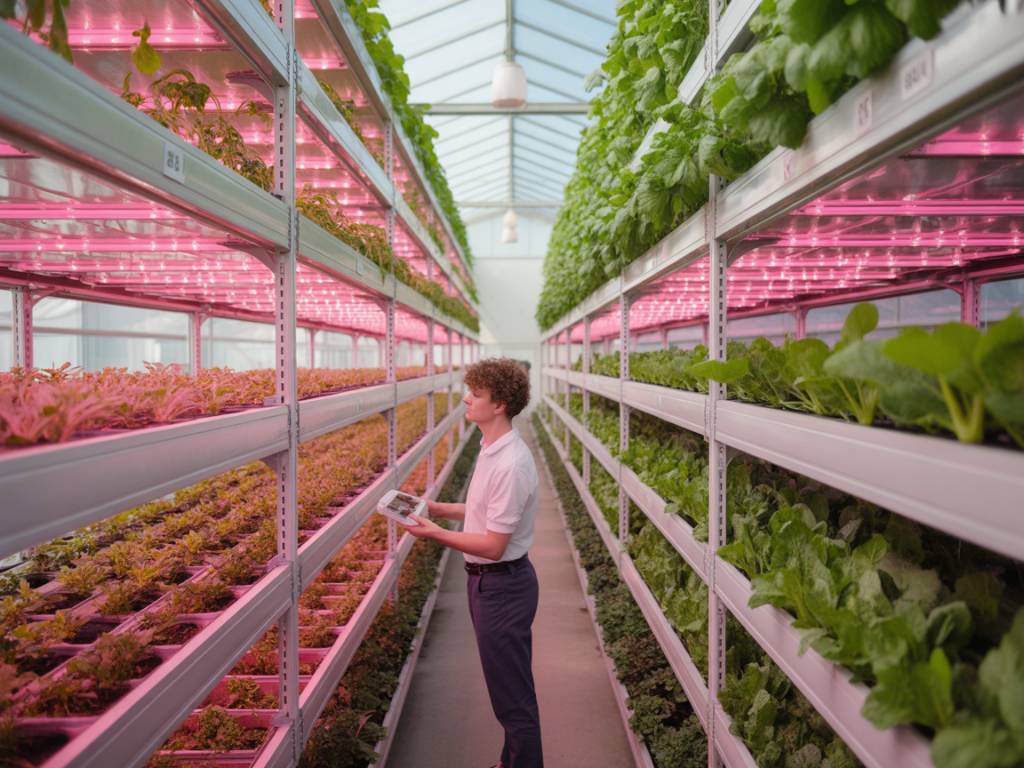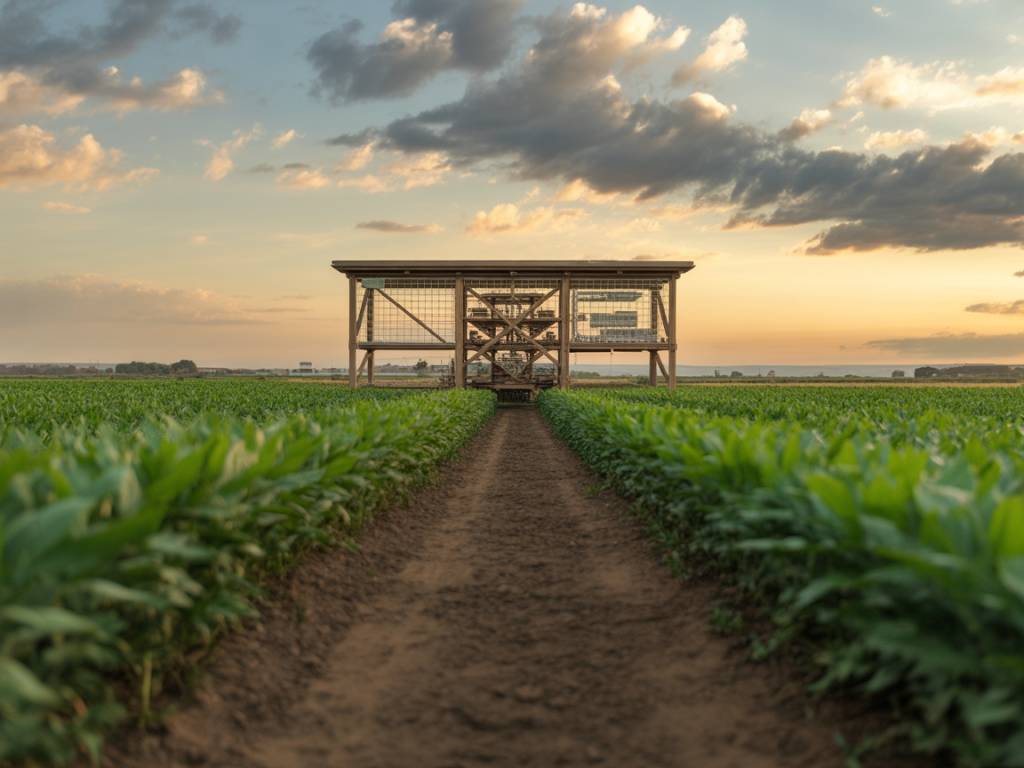Agrotech Startups: Fueling the Next Green Revolution
In the face of increasing food demand, climate pressures, and labor shortages, the agricultural sector is undergoing a transformation. At the forefront of this shift are a new breed of companies: agrotech startups. With data-driven solutions, AI-powered monitoring tools, and sustainable farming practices, these agile players are not just tweaking the system—they’re reshaping it.
Historically, agriculture has evolved at a slow pace compared to sectors like manufacturing or logistics. But with the convergence of agronomy and cutting-edge technologies—IoT, machine learning, blockchain—the tempo has drastically accelerated. According to a 2023 report by AgFunder, global investment in agrotech startups reached $51.7 billion, with Europe accounting for nearly 20% of fundraising activity.
Let’s explore how these startups are redefining the agricultural value chain by addressing key pain points, introducing advanced technologies, and partnering with industry giants to scale their innovations.
Precision Agriculture: Data as the New Fertilizer
One of the most substantial contributions of agrotech startups lies in precision agriculture—optimizing crop inputs through real-time data analytics. Instead of applying fertilizers uniformly across fields, farmers can now rely on satellite imagery, soil sensors, and predictive analytics to deploy resources exactly where needed.
A prime example is France-based startup Ÿnsect, which uses AI and IoT to monitor soil quality and optimize insect-based protein production. On another front, Prospera Technologies, an Israeli startup acquired by Valmont Industries, provides computer-vision tools that track crop health and recommend treatment protocols through a cloud-based interface.
The result? Better yields, reduced chemical usage, and higher margins for farmers who historically operated on razor-thin profit lines. A vineyard in Bordeaux that adopted Prospera’s system reported a 22% drop in pesticide use within the first season—a tangible impact that speaks volumes in ESG-conscious markets.
Automating Labor-Intensive Tasks
Agriculture suffers from acute labor shortages across Europe and North America. Agrotech entrepreneurs have responded with robotics and autonomous machinery designed to tackle repetitive, manual tasks.
Consider AgXeed, based in the Netherlands. They’re developing autonomous tractors that blend electric drive systems with AI-based navigation. Designed for small- and medium-sized farms, these machines can operate 24/7, precisely detect crop lines, and adapt to uneven terrain—all while reducing carbon emissions.
Similarly, the Spanish robotics firm Agrointelli has rolled out robotic arms capable of delicate harvesting, particularly valuable in high-value crops like strawberries and tomatoes. These innovations not only address labor shortages but also ensure consistent quality—a critical metric for retailers and food processors alike.
Climate Resilience Embedded by Design
Few industries are as vulnerable to climate volatility as agriculture. Agrotech startups are stepping in to build resilience by fostering more adaptive practices. From drought-resistant seeds developed through gene editing to advanced irrigation systems that minimize water waste, innovation is now a core defense mechanism against extreme weather events.
Take MoEa, a French startup collaborating with agricultural cooperatives to deploy AI-powered weather forecasting tailored for microclimates. Their system collects hyperlocal data and delivers forecasts with 90% average accuracy, helping farmers plan sowing and irrigation cycles more effectively.
On the water management front, WiseConn, a Chilean startup now expanding in Europe, offers smart irrigation infrastructure that integrates with soil moisture sensors and weather stations. As water becomes a limiting factor in southern Europe and parts of the U.S., such tools are quickly becoming indispensable.
Blockchain for Supply Chain Transparency
The agrifood supply chain is notoriously fragmented and opaque. Traceability, especially in organic or fair-trade segments, remains a persistent challenge—and a clear opportunity for tech-driven disruption.
Enter blockchain. Startups like AgUnity and Ripe.io are using distributed ledger technologies to track produce from field to fork. Every transaction—from fertilizer application to final sale—is recorded immutably, restoring trust in supply chains and helping farmers access premium markets.
For example, an avocado farm in Kenya, part of the AgUnity network, reported a 38% increase in income after adopting their blockchain platform, simply by proving compliance with EU import regulations. That’s a real-world success born out of invisible lines of code.
Biotechnology: Redefining Inputs from the Roots
Beyond digital tools, agrotech is also seeing breakthroughs in biotechnology aimed at replacing intensive chemical inputs with natural solutions. Startups are leveraging microbiology to develop alternative fertilizers, crop protection agents, and even bioengineered seeds tailored for extreme climates.
Pivot Bio, a U.S. startup now testing its solutions in Spain and France, has engineered microbes that live directly on plant roots and convert atmospheric nitrogen, reducing farmers’ dependency on synthetic fertilizers. Their 2023 trials in Occitanie showed not only a 15% yield gain but also a 25% reduction in nitrate runoff—an ecological and economic win.
Meanwhile, German startup Phytoform is using CRISPR-based gene editing to develop high-yield tomato varieties capable of withstanding both drought and frost—conditions increasingly common due to volatile weather patterns.
From Pilot to Scale: Why Partnerships Matter
Despite the optimism, scaling up innovation isn’t a straightforward path. Agricultural markets are notoriously risk-averse, and new technologies must pass rigorous regulatory, ecological, and economic tests before wide acceptance.
To accelerate uptake, many startups are forming strategic partnerships with agribusiness giants like Bayer, Syngenta or CNH Industrial. These collaborations allow for rapid field testing, validation across geographies, and access to distribution networks that startups alone could not penetrate.
For instance, French startup Futura Gaïa partnered with Groupe Soufflet to expand its vertical farming infrastructure in peri-urban zones, reducing transport costs and carbon footprints while offering year-round cultivation pipelines.
Corporate incubators and public-private consortiums are also playing a role. The European Innovation Council (EIC), for example, has earmarked €300 million toward deep-tech agrotech initiatives between 2023 and 2026. These funds are not just symbolic—they are fuelling real pilot projects in sustainable inputs, automation, and smart farming solutions across Europe.
What’s Next? Watching the Field Evolve
The trajectory of agrotech startups shows no signs of slowing. Whether it’s AI-driven diagnosis apps for smallholder farmers in emerging markets or smart vertical farms in urban Europe, innovation is changing where and how we grow food.
The big question is: which of these startups will move beyond proof-of-concept and into real-world scale? Investors, regulators, and agribusiness leaders will watch closely over the next 18 to 24 months. But for now, the seeds of transformation have been firmly planted—and the harvest looks promising.
In a world where feeding 10 billion people sustainably is no longer a distant dilemma but an urgent challenge, agrotech startups may prove to be not just disruptors, but enablers of a smarter, greener agricultural era.




